How to Draw Hands
Did We Go Slow?
I follow the contour of the hand and describe the shape with a continuous line – almost without taking my eyes off the title or raising my pen on paper.
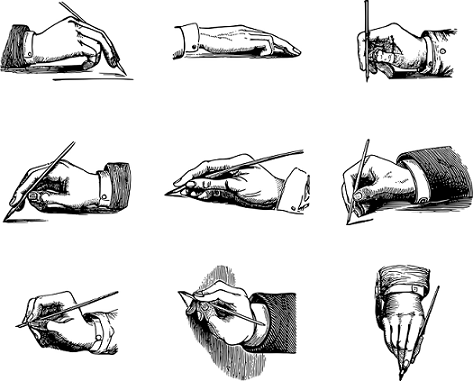
It is not exactly a blind container diagram, but it is close – It helps to focus my attention on seeing the objects in front of my eyes the way they look – such as shapes, lengths, angles, and values, instead of designing body parts and ideas about what a particular piece should look like.
It is a well-known theory that by not naming things “like fingerprints” but rather “like an egg, not slightly right at right and flat on the ground,” we free our minds from acquired, targeted features. Only then can we develop the true meaning of each person, the unique thing that lies ahead of us, and improve our style, authentic style, and artistic voice.
I find it essential to think of the palm as part of the whole arm, both in construction and motion.
It helps to visualize the bones and muscles inside and pay special attention to the shape of the wrist. This is where getting used to hand anatomy comes in handy; yes, it helps. And while I do not remember the names of each small bone as I draw, I think of the carpal and metacarpal bones hidden beneath the skin and muscles and how the ulna and radius of the arm are attached to the wrist.
Every line and shape I set at this point has the function of creating the right-hand structure. I try to think about perspective and how the form turns into space – to look at and understand what situations are in front of or behind another.
Next comes light and shadow. I blink my eyes to see the difference better, highlighting the shadows and areas. Prices grow by adding extra lines, cutting through the thick darkness.
The notice reflects light on the back, inside the tent, making the form look round. Extremely dark accents such as fingerprint design and exciting details were added to complete the drawing.
The whole exercise took about three minutes.
In that type of drawing, I draw quickly and produce many drawings. I remember reading that Egon Schiele’s paintings that we love so much now are few survivors of many attempts. He will have a large piece of paper and start his line drawing in front of the model. If he did not like what the painting looked like, even after the first line, he would throw away the paper and start over.
In this case, he may have succeeded in setting a pleasing contour of the hand, but he did not like to start on the torso. That paper goes to the trash and starts again. Repeatedly. It’s good to know that our favourite artists didn’t create our favourite works of art in one beautiful place each time. It should help us not to be afraid of failure.
Free painting allows me to feel overwhelmed with the result and enjoy the painting process instead.
The idea of a “finished painting” is just that – an idea. If I don’t feel too precious about the result, I allow myself to stand out anytime I really like painting, regardless of the level of completion.
Some of the paintings you see here are just concrete drawings. Suppose it sounds like I did what I wanted on the contour itself; if the image “clicks” and talks to me, that’s it. That’s a finished drawing.
If it sounds like developing certain features or ideas, I will explain the form further, build lights and shadows and add details. And some do not work at all – the drawings that end up being discarded
. Even those bonded drawings are essential. Failed results do not mean that the process has failed or that the evaluation period is over.
Seeing and learning from our “bad paintings” may be an essential part of the whole process! The freedom to explore different options and not focus on being “right” allows our sensitivity to explore different ideas and ways of representing what is in front of us and ultimately find our artistic voice.

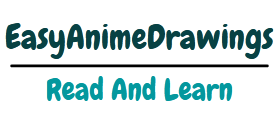
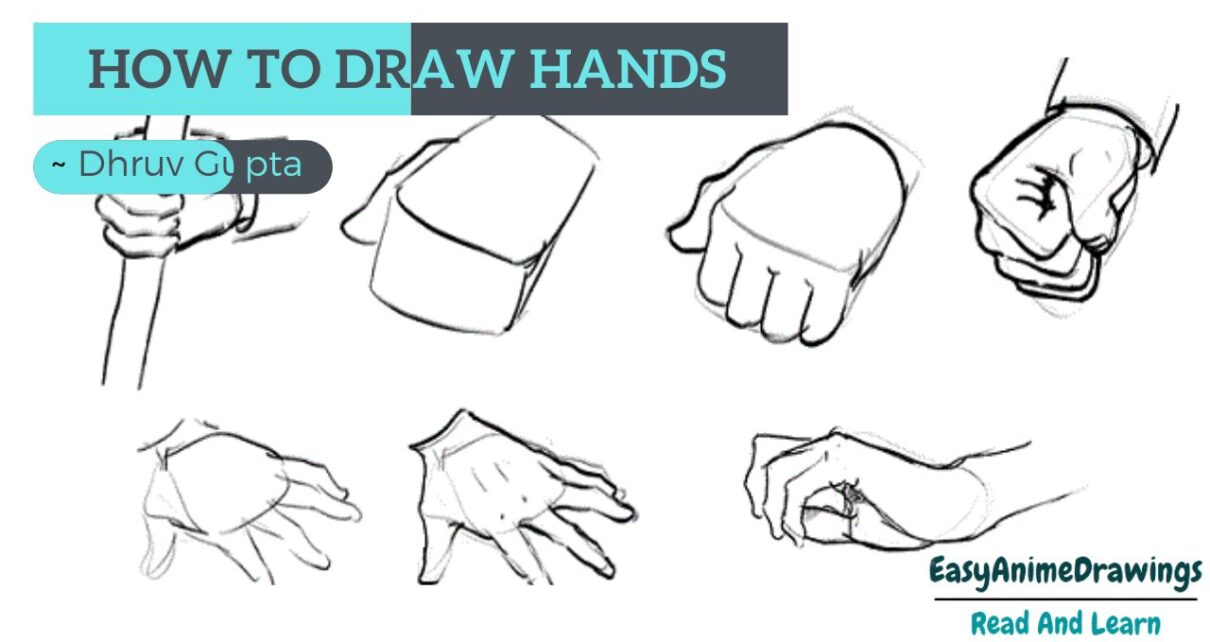
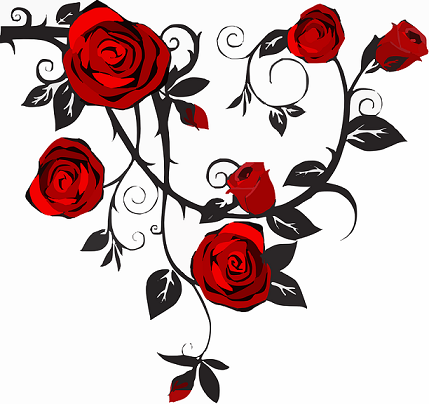
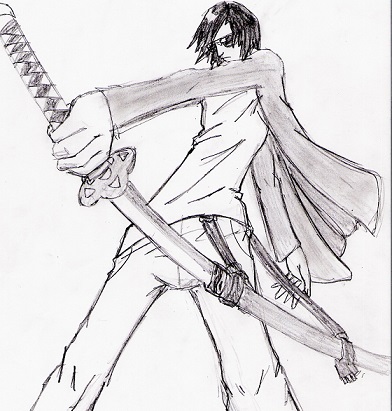
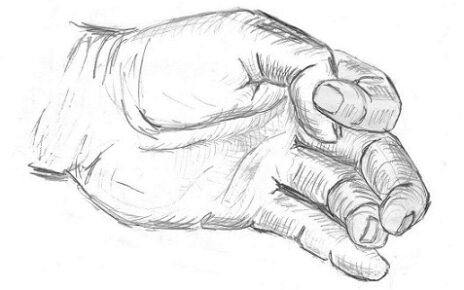
buy doxycycline pills – buy albuterol generic glipizide price